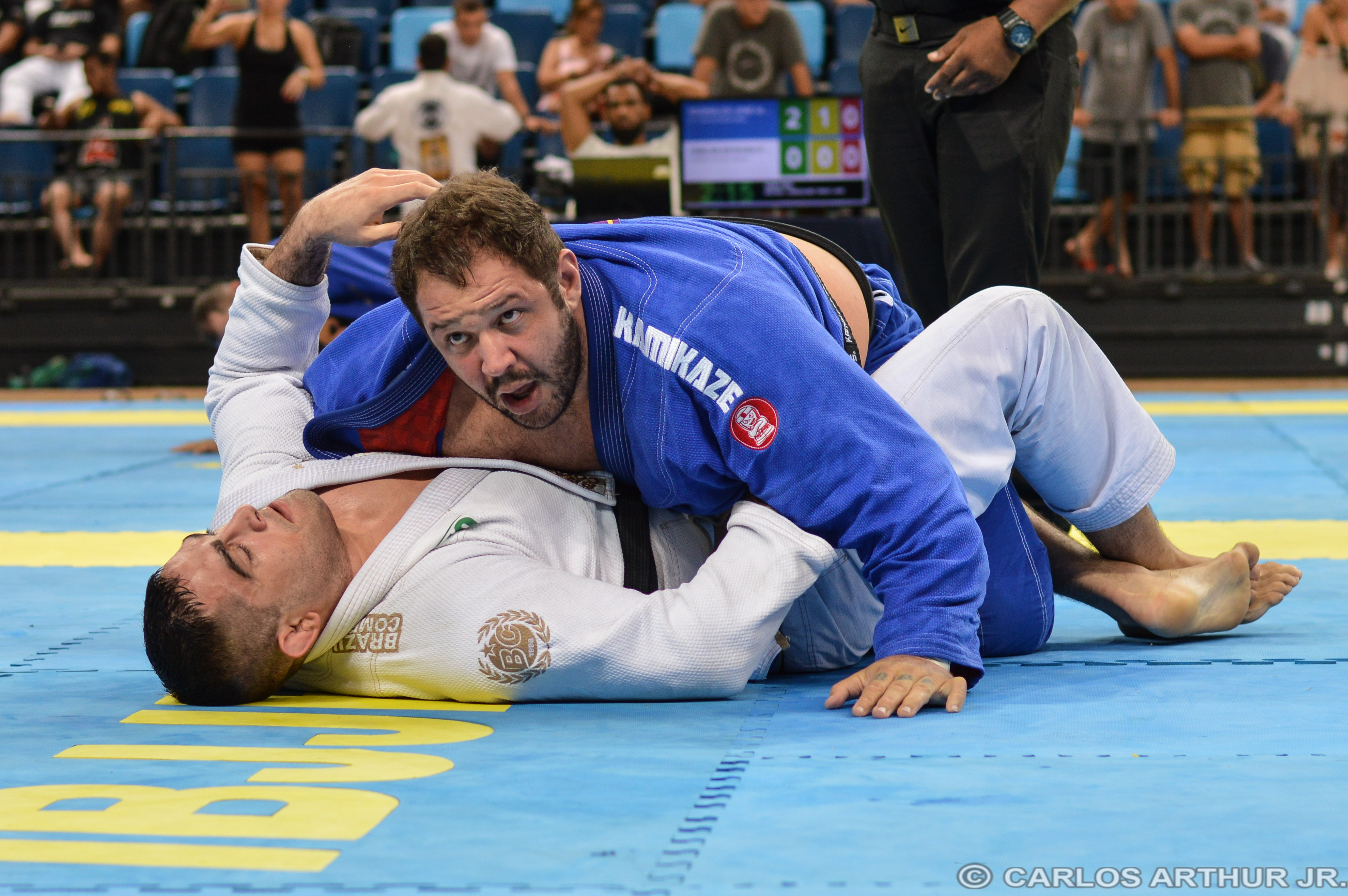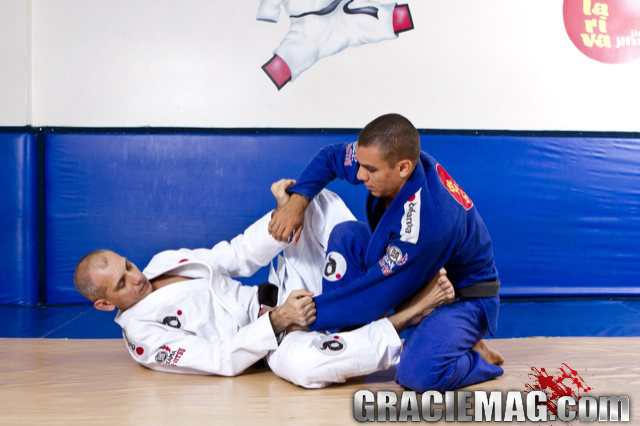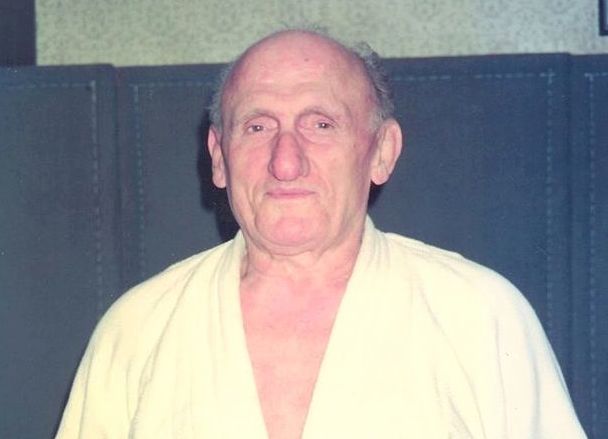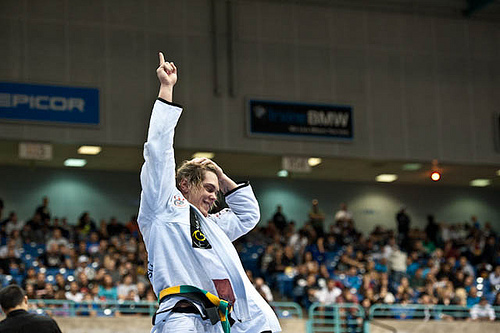Even without reaching the ultimate goal at the 2019 Worlds, Duzão Lopes has been making noise in the competitive BJJ scene in his first year as a black-belt, with important victories both in the ultra-heavy and absolute divisions against fighters well known on the international circuit. But what is the secret of this avid competitor?
In a talk with Graciemag, the athlete from Guigo Jiu-Jitsu, forged in high-performance BJJ before migrating to the gentle art, shared his impressions, evaluated his flaws and brought you his best tips for arriving at the black belt putting up a good fight against intimidating opposition. Check it out below.
GRACIEMAG: What is the main difference between competing before and after getting the black belt?
DUZÃO LOPES: In the black belt, I’ve won a few CBJJ opens at weight and absolute, I’ve won the Brazilian Nationals at ultra-heavy and reached the podium in the absolute. No big surprises in the competitive level so far. Of course, you have to arrive with a different mindset, more focused. The main thing is to not make mistakes. At the Worlds, for example, it’s not enough to be a competitor, a brawler, to dive right in. You must have jiu-jitsu. The sum of all that makes a world champion in the black belt. You have to be different in your game, to have a little something more. After this year’s Worlds, I’ve already changed my preparation and my game a whole lot.
Given that I come from high-performance judo, I arrived in BJJ competing right away, without honing much of anything, and because of this I missed out on some of the BJJ base in this transition. It’s really worth it to invest in the basics, to sharpen the essence of BJJ. Another thing is competition baggage. The Worlds is scary indeed; it’s important to get to the highest level already with competitive experience, so you are not paralyzed when you get there.
Can you point to one advantage from your years of judo that has helped you in BJJ?
What helped me with competing in high-performance judo and changing sports was the competition mindset. In judo, the athlete competes more frequently, and I always tell athletes close to me that, in order to be a champion, you have to compete, a lot. There’s no such thing as a champion forged in training. Beating everybody in your training changes nothing in your evolution. The champion is the guy who competes.
And which habit from judo made life harder after the transition?
There was an interesting case at Pacaembu [stadium], one time, competing as a blue-belt still. I was fighting for Barbosa Jiu-Jitsu and entered a championship with a R$ 1,000 prize for my division. I won the first one through pressure, and in my second match I went with a judo habit: I postured and held my opponent’s collar with my arm stretched. My opponent employed a flying armbar and busted my elbow. From that point I began thinking with a BJJ mind, and had help from other judokas who are BJJ black-belts, like Guigo, for example. He gets on my case to this day to eliminate my bad habits from judo.
Can you leave some advice for our readers to hit the ground running in the black belt?
The best advice is to sign up to fight in the biggest championships, the ones that will bring you the biggest challenge. Another thing is to watch lots of championship fights, live and on video. Feeling the atmosphere, how the folks in your division usually act, feeling their vibe. Ask all the questions you have about your game, always. Attack the areas where you think your game has a hole — don’t just trust your best game. It’s not that in the black belt it’s and absurd level, except that everything is more intense. Visiting other schools is also essential. This nonsense of not being allowed to go to other gyms has to end. Judo grows a lot with this integration between the teams. The sport becomes more and more competitive precisely with this exchange of information.





